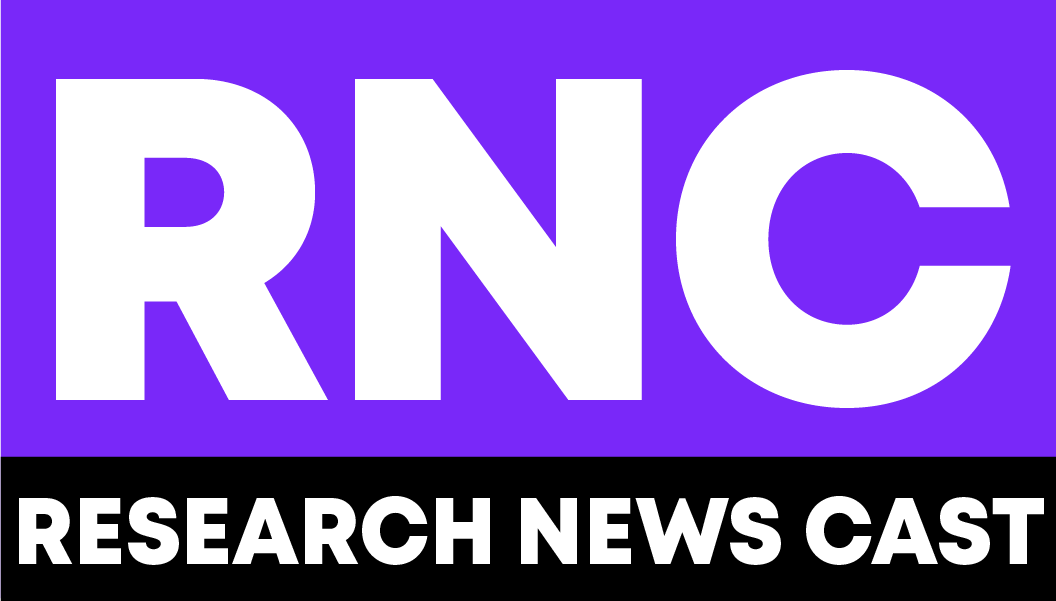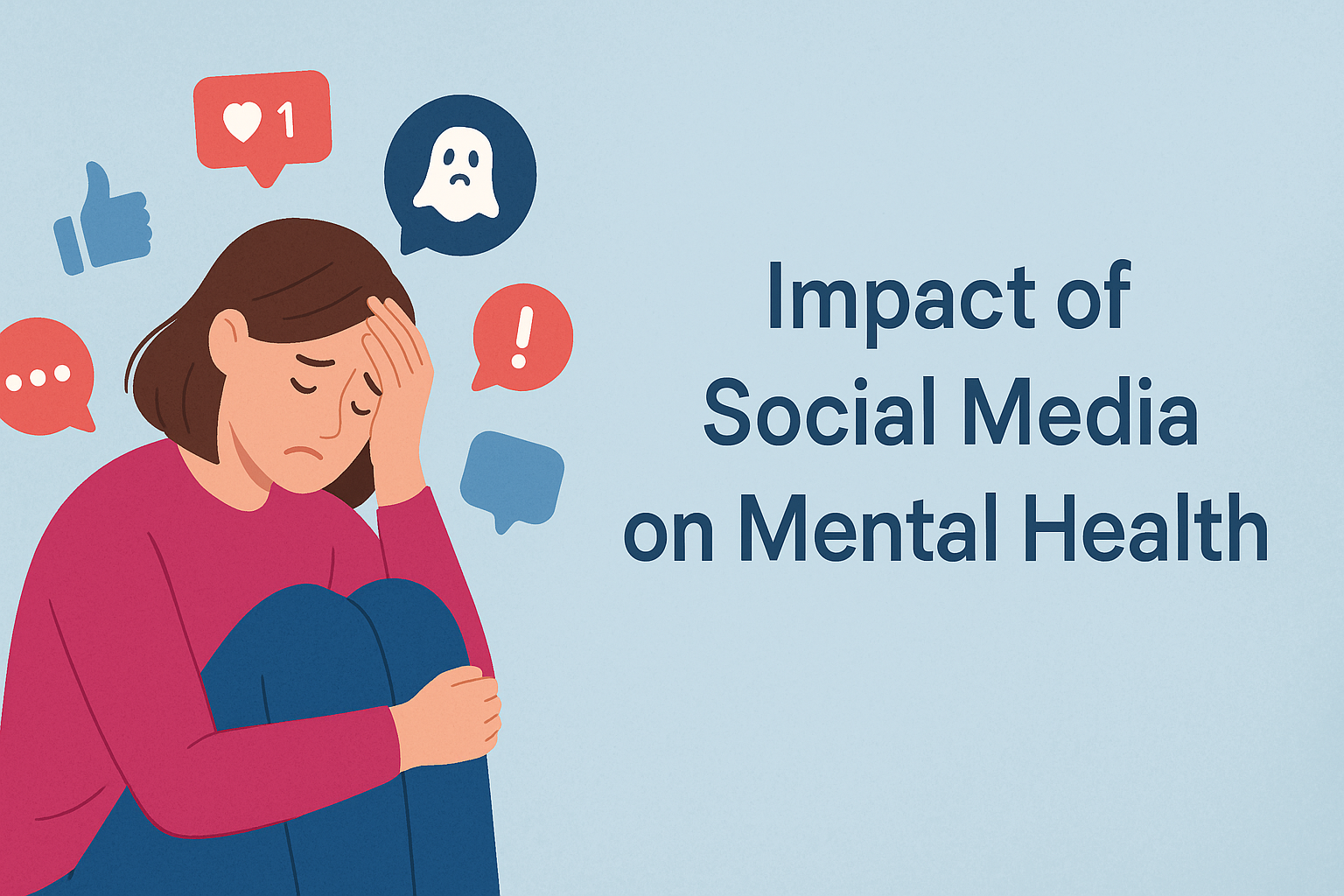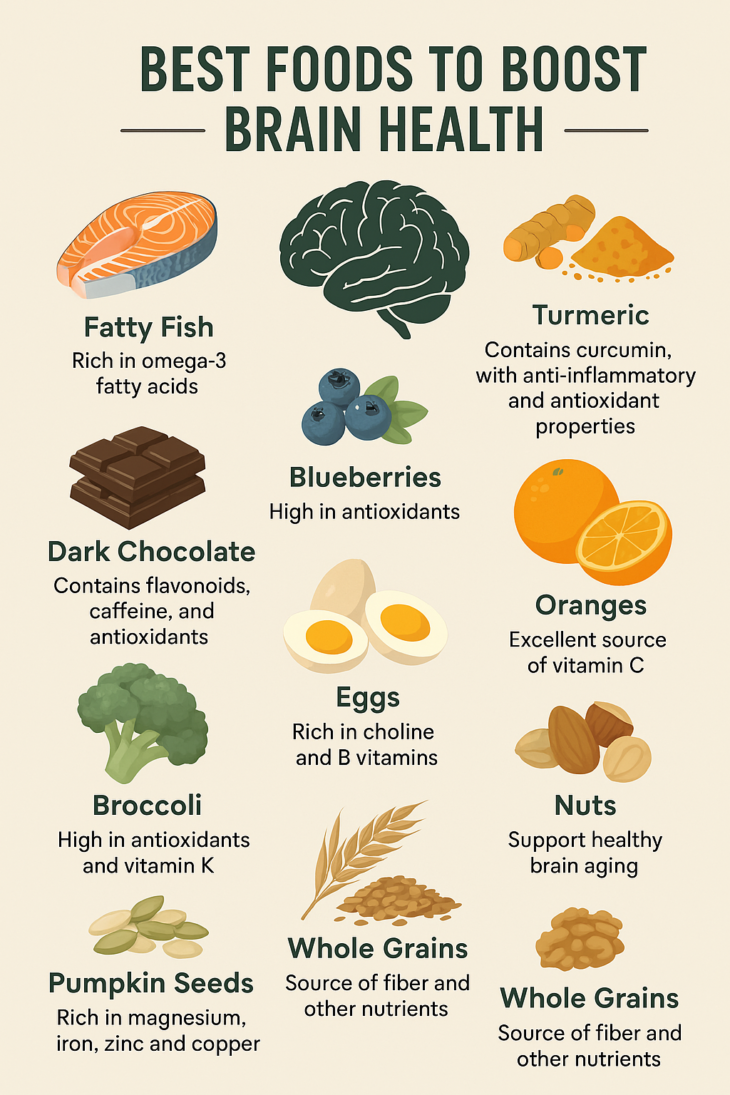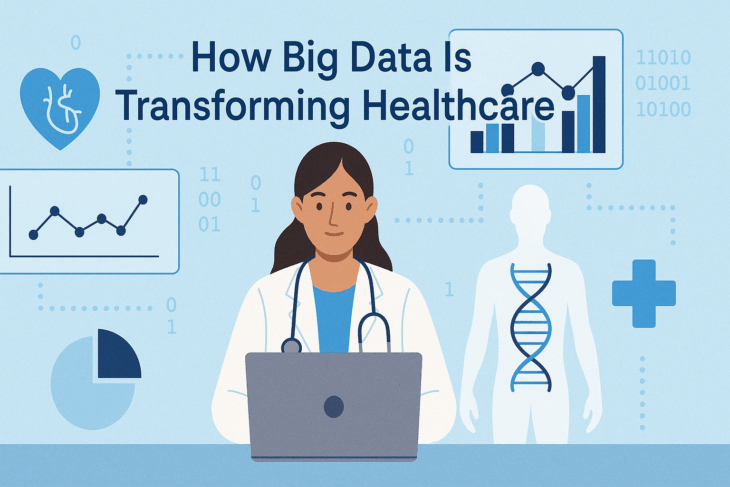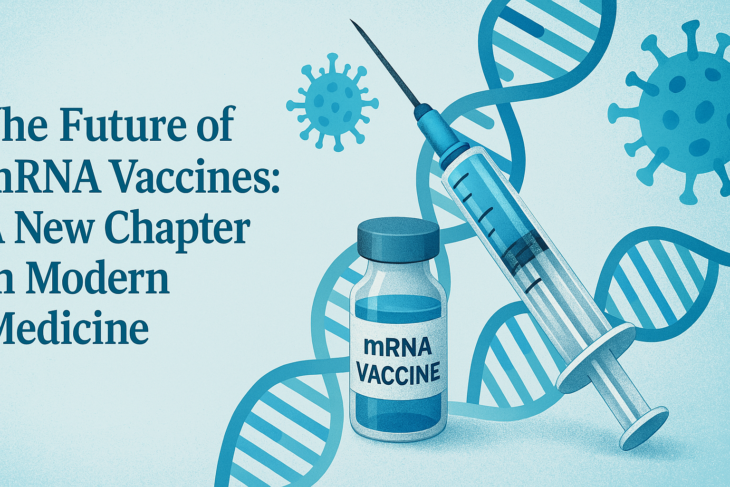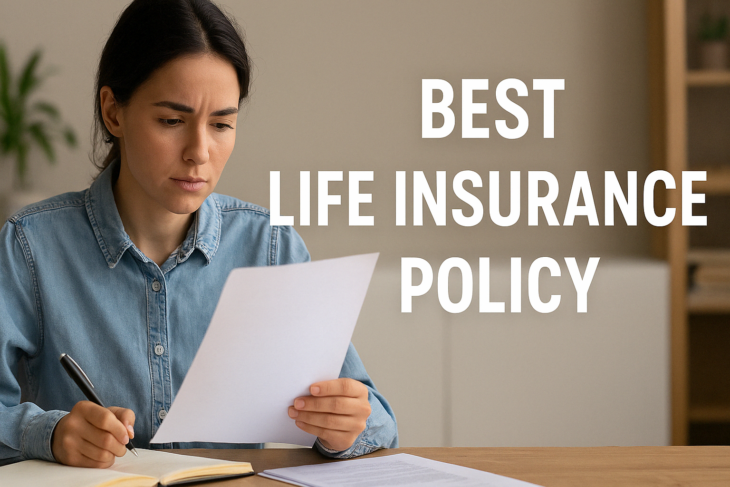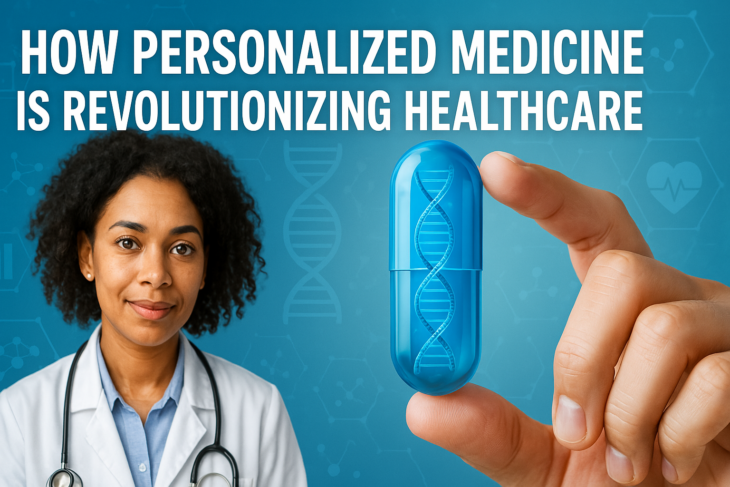Social media has become a big part of our daily lives. Whether it’s scrolling through Instagram, checking TikTok, or chatting on WhatsApp, we spend hours online. It helps us connect, stay informed, and even laugh at silly memes. But behind the screens and selfies, there’s a growing concern. More and more people are asking: what’s the real impact of social media on mental health? Let’s break it down.
The Double-Edged Sword of Social Media
Social media isn’t all bad. It offers space for creativity, connection, and expression. It helps people find communities, especially those who feel isolated in the real world. But the downside? It can also leave users feeling anxious, lonely, and overwhelmed.
This is where the concept of digital well-being comes in. It’s about using technology in a way that supports mental and emotional health. Not damages it. But in today’s fast-moving digital world, keeping that balance can be tough.
Social Media Addiction Is Real
Ever caught yourself reaching for your phone without thinking? Or opening an app just to check one thing, then staying for an hour? You’re not alone.
Social media addiction is becoming increasingly common. It works like any other addiction. The brain gets a little dopamine hit every time you get a like, a comment, or a new follower. Over time, we crave that high. We feel the need to check our phones constantly.
What’s worse, this kind of behavior often leads to poor sleep, reduced focus, and low self-esteem. The more time you spend online, the harder it is to unplug. Even when you know you should.
The Silent Rise of Online Stress
There’s also something else bubbling under the surface. Online stress. It can come from many directions. Maybe it’s the pressure to look perfect. Maybe it’s the fear of missing out (aka FOMO). Or maybe it’s the constant comparisons to other people’s seemingly perfect lives.
And let’s not forget cyberbullying, negative comments, or heated arguments online. These experiences can leave lasting emotional damage.
For teens and young adults, this pressure is even stronger. Many report feeling anxious or depressed after spending too much time online. In some cases, social media becomes a source of stress instead of comfort.
How It Affects the Brain and Mood
The impact of social media on mental health goes deeper than just surface-level stress. Studies show that heavy social media use is linked to symptoms of anxiety, depression, and even loneliness. It messes with sleep patterns. It affects self-image. And it can increase feelings of isolation. Even though we’re more “connected” than ever.
The irony is hard to miss. A tool built to bring people together can sometimes pull us apart. From others and even from ourselves.
Improving Digital Well-Being: Small Changes, Big Impact
The good news? You can take back control. Here are a few simple tips to improve your digital well-being:
- Set time limits. Most phones now let you track and limit screen time.
- Unfollow accounts that drain you. If someone’s posts make you feel bad, it’s okay to hit unfollow.
- Take regular breaks. Try “digital detox” days where you stay offline for a while.
- Focus on real connections. Use social media to support relationships, not replace them.
- Curate your feed. Follow accounts that inspire, uplift, and educate you.
The goal isn’t to quit social media. It’s to use it in a way that supports your well-being, not harms it.
A Word on Mental Health Awareness
One of the positive sides of social media is its role in raising mental health awareness. It gives people space to share their stories, break stigmas, and find help. Online support groups, mental health pages, and wellness influencers can all be great sources of motivation.
But it’s also important to know when to log off and seek help offline. If social media is making you feel anxious, stressed, or constantly down, talk to someone. Whether it’s a friend, a therapist, or a support line, reaching out can make all the difference.
In a Nutshell
So, what’s the real impact of social media on mental health? It’s complex. It depends on how we use it, how often, and what we consume.
Used mindfully, social media can be a helpful tool. But unchecked, it can lead to social media addiction, increase online stress, and negatively affect our emotional health. The key lies in balance.
Be kind to yourself. Protect your peace. And remember. You control your feed. Not the other way around.
